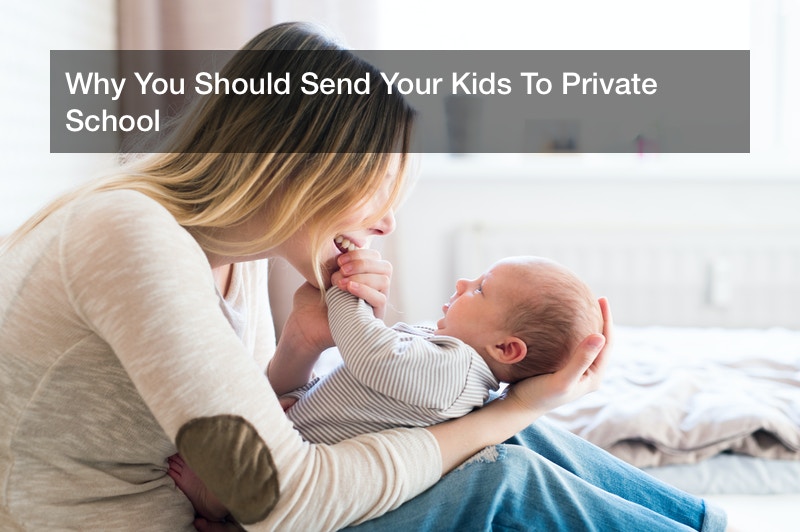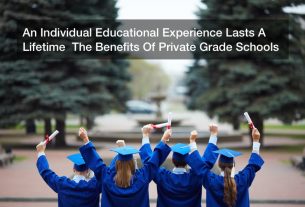
If you’re looking to send your child to the best school possible, it is well worth looking into the advantages of private school. A private school education has many benefits, particularly when you compare it to the quality of education your child would be likely to receive with a public school education instead. Unfortunately, the advantages of private school educations have become only more pronounced in the years that are to come, especially as the number of private schools has continued to grow (now making up very nearly one full quarter of all schools found all throughout the country on the whole, enrolling up to 10% of the school going population on a national scale).
One of the advantages of private school educations can be found in the smaller class sizes that most private schools boast. After all, the average number of total students found at any given private school does not even reach a mere 150 kids. And the vast majority of private schools in the United States, from private elementary schools to private middle schools and beyond, have fewer than 300 students. As a matter of fact, less than 15% of all private schools have any more than this.
But why is this one of the advantages of private school education over public school education? For one thing, students who attend these smaller private schools are much more likely to get the one on one attention that can be necessary for a positive and largely beneficial learning experience. In the crowded public school setting, it is far too common indeed for students of all kinds to simply just slip through the cracks. The one on one attention that can be better afforded at a private school can make a world of difference for the individual student in question and is therefore one of the top advantages of private school.
Take, for instance, the typical high school guidance counselor. At your typical public school here in the United States, the guidance counselor in question is far too likely to be overworked and overburdened with far too big of a student caseload. As most schools won’t be able to pay for more guidance counselors, the guidance counselors that are already employed will have to split their attentions over a growing student population. This can mean that, for the average guidance counselor in the public school setting, only about one fifth of their total time can be dedicated to matters of college preparedness.
On the other hand, the guidance counselors that are found at the private high schools are much more able to dedicate their time to matters surrounding college, from the process of the college application process to answering any of the questions that their students might have surrounding this next level of education. As a matter of fact, the typical high school guidance counselor who is working at a private school will usually be able to dedicate more than half of their time – around 55% of it, to be more exact – to such discussions. Therefore, the advantages of private school educations can pay off long after the private high school course of study is completed. The data that has been gathered on the subject more than backs this up, showing quite clearly that more than 60% of all private high school graduates went on to attend a four year college, at least in the year of 2011. In the years that have passed since, this number has fortunately only continued to increase.
One of the other advantages of private school educations is simply the high quality of teachers employed at so many of the private schools throughout the country. In your average private school setting, after all, up to 80% of all the teachers working there are likely to have some form of an advanced degree, with more working towards one. In the average private school, no less than 60% or so of all the teachers will be without an advanced degree. Even those who do not have one yet are likely to be on track towards getting one – or interested in entering school within the next few years or so.


